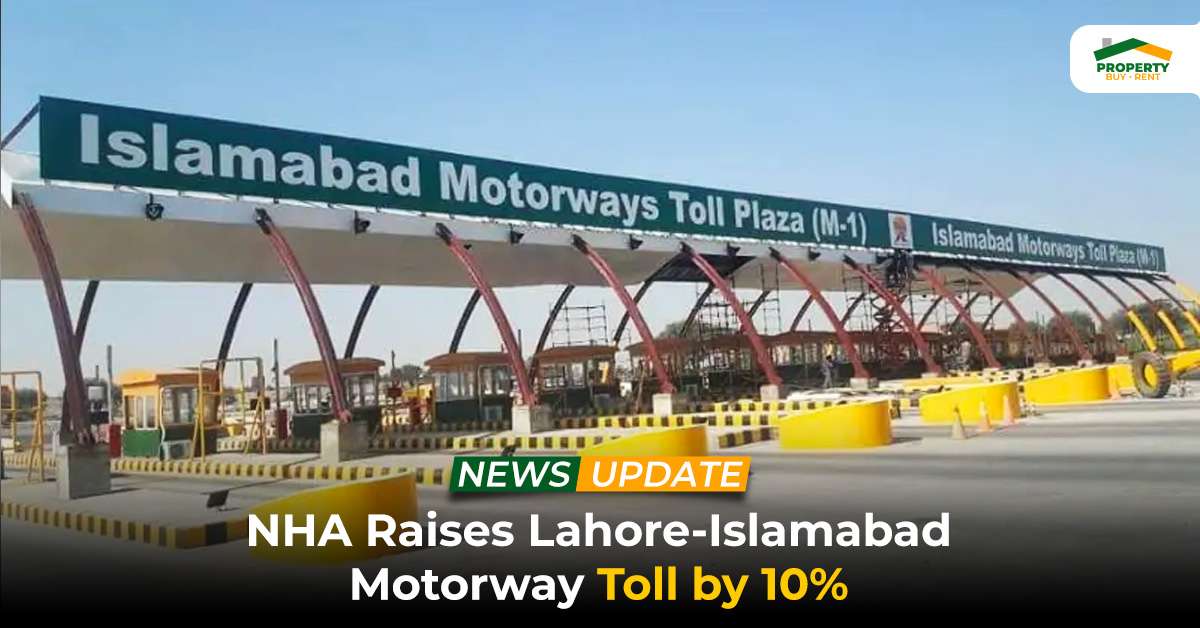Islamabad: The Lahore-Islamabad (M2) Motorway will see a 10% toll charge hike by the National Highway Authority (NHA) starting on August 20, 2024. This hike was reported on August 28 and is part of the ongoing toll adjustments under the NHA’s long-term agreements.
This annual increase is in line with a 20-year contract between the NHA and MS/More—a subsidiary of the Frontier Works Organization (FWO). The contract is associated with the “Overlay and Modernisation of the Lahore-Islamabad Motorway (M2)” project, initiated in 2014. The project operates under a Build-Operate-Transfer (BOT) model, which allows the FWO to manage the motorway while gradually upgrading its infrastructure.
According to the Concessions Agreement, the toll tax on the M2 will increase by 10% annually from the second operational year through 2026. Afterward, the toll will continue to rise by 7% annually from 2026 until the contract ends in 2034. This systematic increase is aimed at covering the expenses related to the modernization and maintenance of the motorway, which is one of the busiest highways in Pakistan.
The M2 Motorway is not the only route experiencing annual toll adjustments. The NHA has also applied similar increases to tolls across several other major highways and motorways in the country. These include the Kohat Tunnel (N-55), Islamabad-Peshawar (M-1), Lahore-Abdul Hakeem (M-3), Pindi Bhattian-Faisalabad-Multan (M-4), Multan-Sukkur (M-5), and Hakla-Havelian-Mansehra (E-35). The revised toll rates for these roads came into effect on July 1, 2024.
The annual toll hikes are part of the government’s broader strategy to fund infrastructure development and ensure that the country’s key highways remain operational and safe for commuters.
Safety and Service Concerns on the Lahore-Islamabad Motorway
Despite its significance as a revenue generator for the NHA, the Lahore-Islamabad Motorway has been the subject of various complaints from travelers. Issues such as a lack of medical facilities, instances of tire puncture scams, and overall safety concerns have persisted over the years. These concerns are exacerbated by reports of poor service at interchanges. In a tragic incident earlier this year, a family of four lost their lives after consuming expired food purchased from a service area on the M2.
In light of these challenges, the authorities must prioritize improving the safety and service standards along this vital route. Addressing these concerns could enhance public confidence and encourage more people to use the motorway, leading to greater efficiency and increased revenue in the long term.
